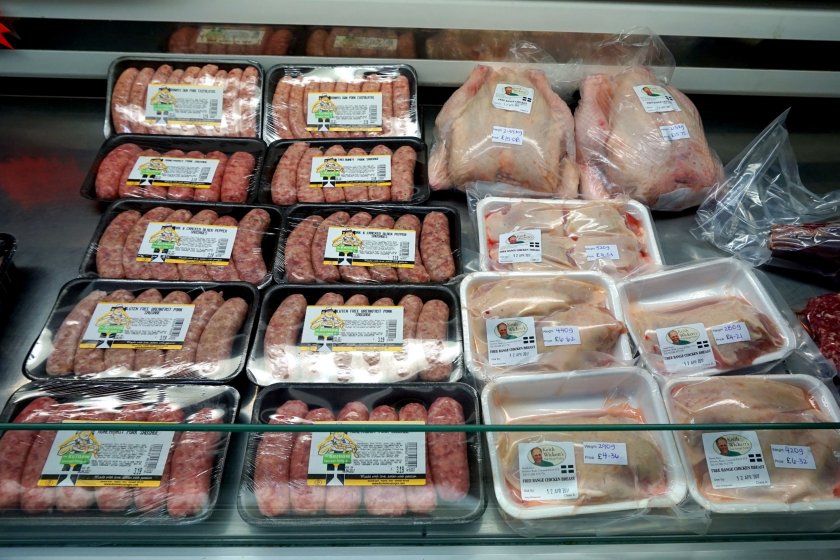
A balance needs to be struck between climate objectives and the health and nutrition of the population when reducing meat and dairy intake, researchers say.
Although the assumption is that meat and dairy reductions would be of benefit to climate change mitigation and human health, the 'reality is more complex'.
This is according to new modelling research released today (7 March) by Food Standard Scotland and the University of Edinburgh.
The study was in response to a Climate Change Committee’s recommendation that Scottish government “takes low-cost, low-regret actions to encourage a 20% shift away from all meat by 2030, rising to 35% by 2050, and a 20% shift from dairy products by 2030”.
But an ‘across the board’ reduction in meat and dairy "cannot be recommended as micronutrient intakes may be worsened among those with already low intakes", the new study says.
Meat and dairy are important sources of a number of nutrients, including iron, calcium, zinc, selenium, iodine and vitamin B12.
But as recognised in the new research, there are fears that a blanket public health message to cut meat would disproportionately limit the nutrient intake of women and girls, many of whom already struggle to meet dietary recommendations.
There is existing advice for consumers to eat no more than 70g of red and red processed meat per day, but the study notes that falling trends around meat consumption means that average intakes among consumers are now below this.
Quality Meat Scotland (QMS) welcomed the findings, calling for a better balance to be struck between public health and climate objectives.
QMS chief executive, Sarah Millar noted that red meat is a rich and bioavailable source of key nutrients needed for optimal health.
"These include iron and selenium for immune function, B vitamins for energy, zinc for children’s growth and vitamin D for bone density," she explained.
“In Scotland, average intakes of red meat now fall below the daily 70g limit set by government experts, with women showing notably lower consumption compared to men.
"This suggests that most people are eating the right amount of red meat for health and wellbeing."
She added: "Red meat can be part of a healthy, balanced diet especially when consumers choose the Scotch Beef, Scotch Lamb and Specially Selected Pork brands which are backed by evidence-based welfare and environmental standards”.
